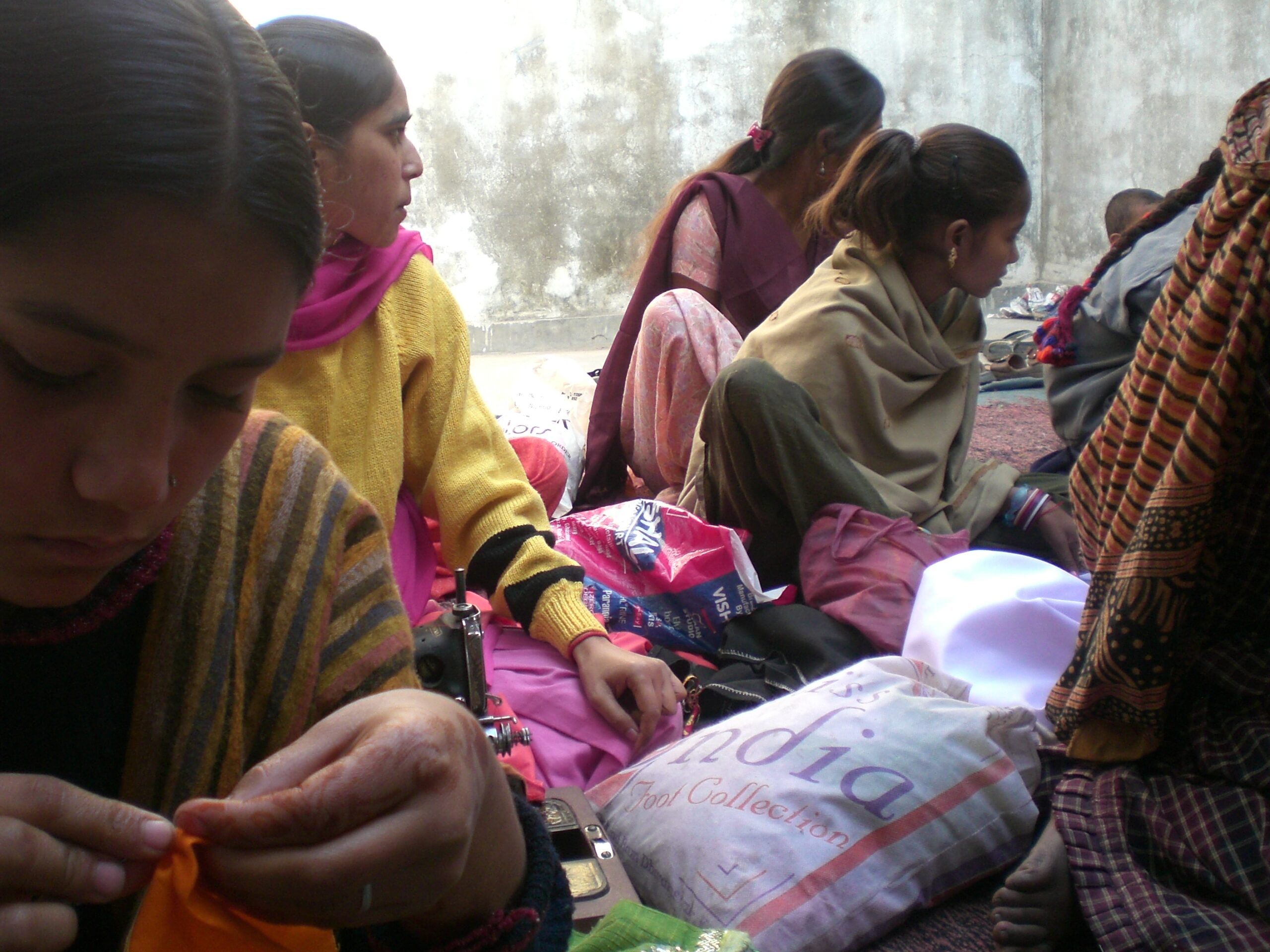Commonwealth youth leaders look to the future in India
February 1 Commonwealth youth leaders look to the future in India
Commonwealth youth leaders look to the future in India
by Mark Flynn, RYC member for the United Kingdom
Our year, our voice! This was the message of young leaders from across the Commonwealth as they met in Chandigarh, India in December for the Commonwealth Youth Leaders’ Conference 2010. The event brought together Regional Youth Caucus (RYC) members from all four regions of the Commonwealth Youth Programme – Africa, Asia, Caribbean and Pacific – to discuss ideas and make key recommendations on the future of the Commonwealth, and took place within the framework of the International Year of Youth.
One third of the world’s population live in Commonwealth countries and young people aged 29 and under make up half of these people. Young people, therefore, have a great significance in shaping the future of our world as key stakeholders, and this forum helped provide an opportunity for them to do just that.
As well as taking part in various capacity-building and training workshops, the RYC members participated in a consultation exercise to gather their views on how the Commonwealth can work better in the future. These recommendations were then presented to Samuel Kavuma, the RYC member for Uganda (as well as Chair of the Africa RYC) who is also the only youth representative on the Eminent Persons’ Group (EPG). The EPG is a distinguished body of leading figures from across the Commonwealth (including former Prime Ministers) who were tasked with the role of making recommendations on the future of the Commonwealth at the last Commonwealth Heads of Government Meeting (CHOGM) in Trinidad & Tobago in 2009. The recommendations made by the youth leaders in India will now be put forward to the EPG for inclusion in its final report. The two broad recommendations that were made were to raise awareness of the Commonwealth and its work and to ensure that the Commonwealth becomes more practical and action-oriented. Within this, some of the specific suggestions included heightening the visibility of the “Commonwealth brand”, raising the profile of the Secretary-General, increasing the number of grass-roots programmes carried out by the Commonwealth and expanding on its democracy and peace-building work.
The RYC members also discussed, at great length, the proposed new constitution to establish a Commonwealth Youth Council and streamline the existing youth structures within the organisation. This includes creating an opportunity to allow more organisations from civil society to actively participate in the Commonwealth’s youth work. The Pan-Commonwealth Youth Caucus agreed to commission a working group that will now take the lead on developing the new constitutional document.
Additionally, the meeting provided delegates with the opportunity to meet in person to democratically elected their new leaders. The Pan-Commonwealth Youth Caucus Chair and Vice-Chair positions operate on a rotational basis and it is currently the turn of the Pacific Region to take the helm. Following the candidates’ speeches and answers to questions put forward by their peers, Noelyn Wagapu (Solomon Islands) was duly elected as the new Chair and Rebecca Solomon (Vanuatu) as the Vice-Chair. They will now take charge of steering the ship along its rightful course and work with the rest of the RYC members from across the four regions to ensure the Commonwealth accomplishes its mission in relation to young people.
One of my personal highlights of the conference took place away from the heat and passion of the discussions. We were given the opportunity to visit some local development projects in and around Chandigarh, which were both humbling and inspiring, and were able to meet children and young people from a care centre for mental disabilities, as well as a project working to equip young women with tailoring and business skills. It is important for us to remember, as youth leaders, that there exists a great diversity of young people on our planet, all from different backgrounds and with different experiences of life, and that we should not forget about them when caught up in the heat of discussions in international events. It is these people, the hugely diverse mix of young people from across our 54 member states, that we are representing and we should constantly bear this in mind in all that we do.
Despite the winter fog causing disruption to internal flights in India (which, on a positive note, allowed us to travel by road from Delhi and see some of the country we were visiting) and the snowy conditions in Europe delaying onward travel home for several days, all of the delegates were able to get back to their own countries safely. We can now reflect on the decisions made in India, the new friendships made (as well as the continuation of old ones) and begin to look to the future. The Commonwealth unites people in an increasingly interdependent world and allows for different cultures, backgrounds and beliefs to come together to tackle the challenges that face the world today. Despite coming from some of the smallest and largest countries on Earth, and from opposite ends of the world, we are all linked together by a common history and shared values. Moreover, we are all young people, trying to make our way in an evermore complex and convoluted world, and it brings me great hope and optimism for the future that we can come together to try to work for positive change. For this, I am truly grateful.



